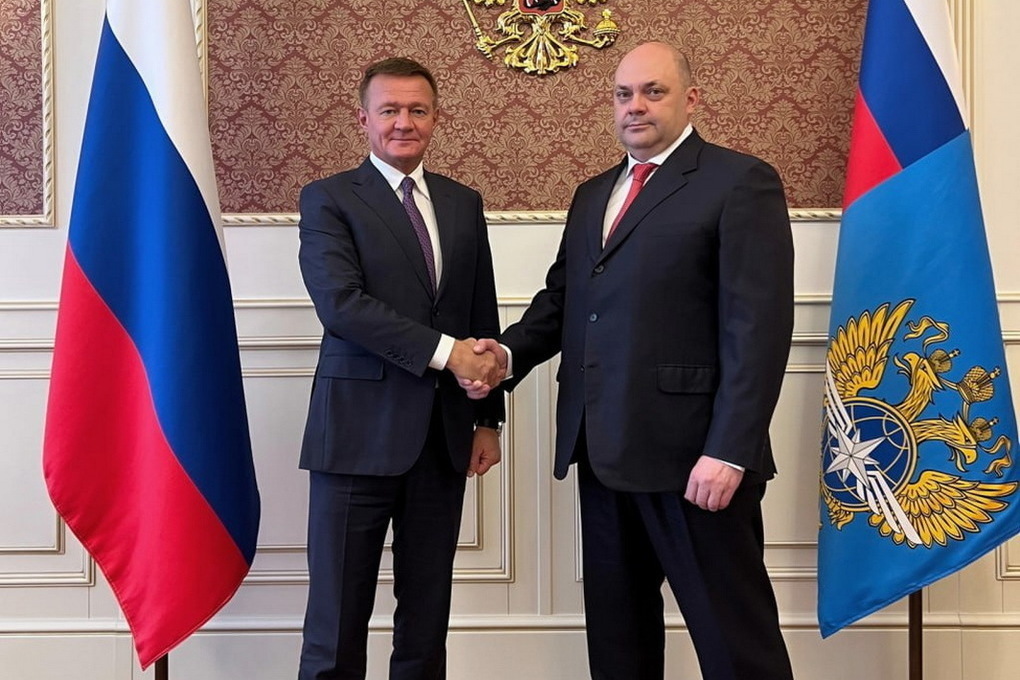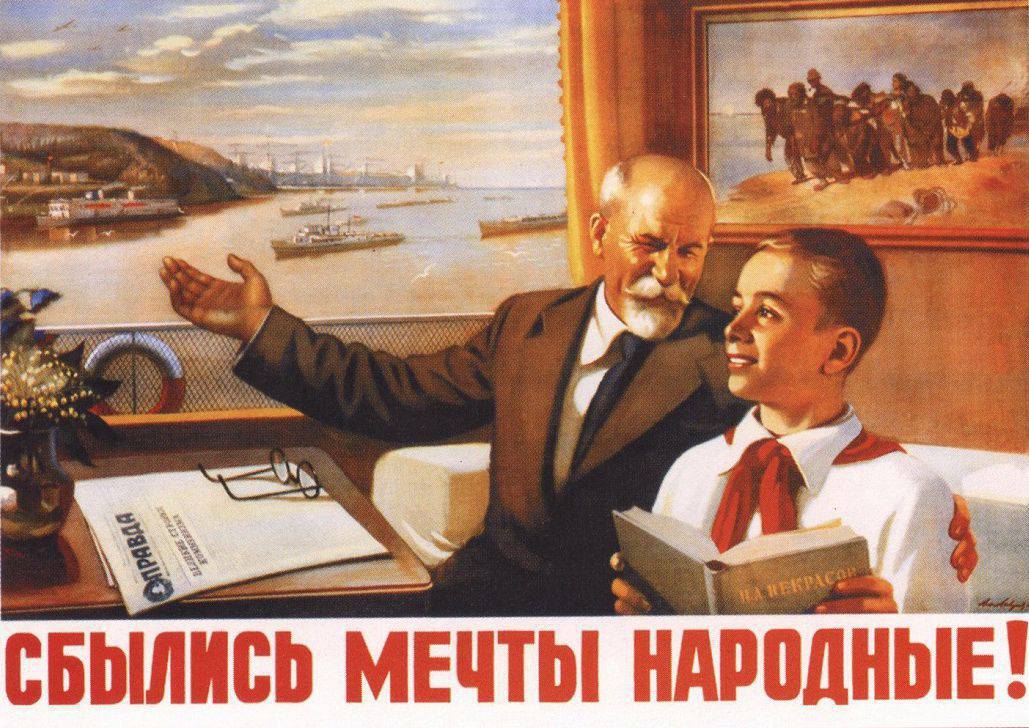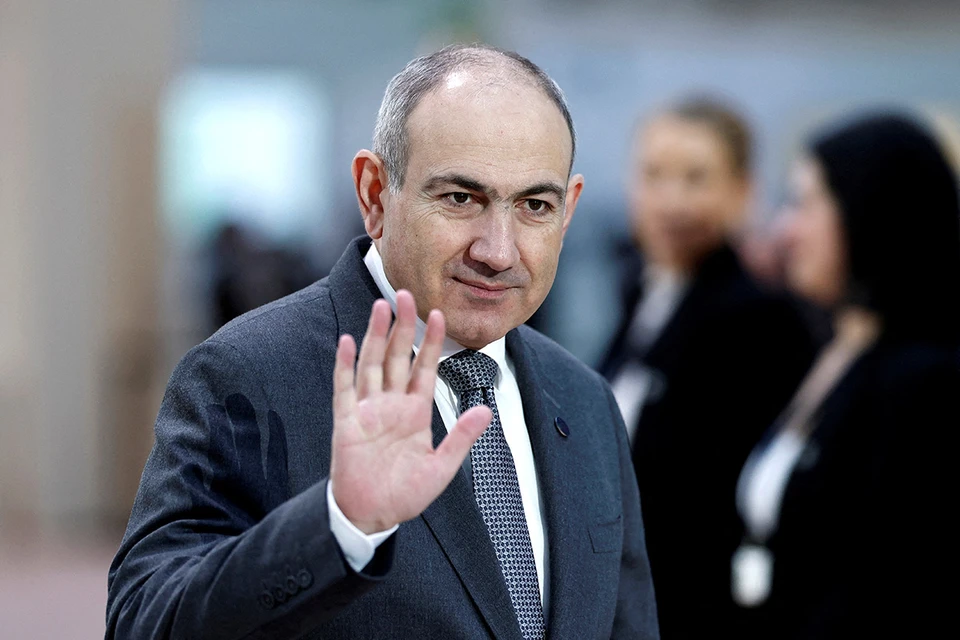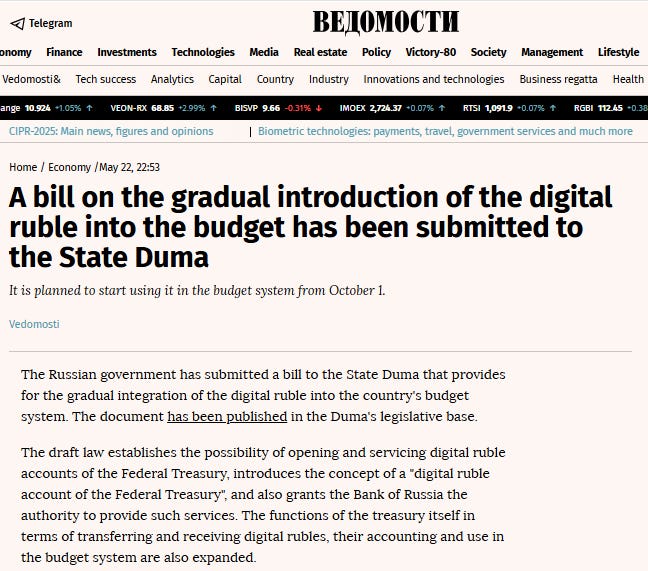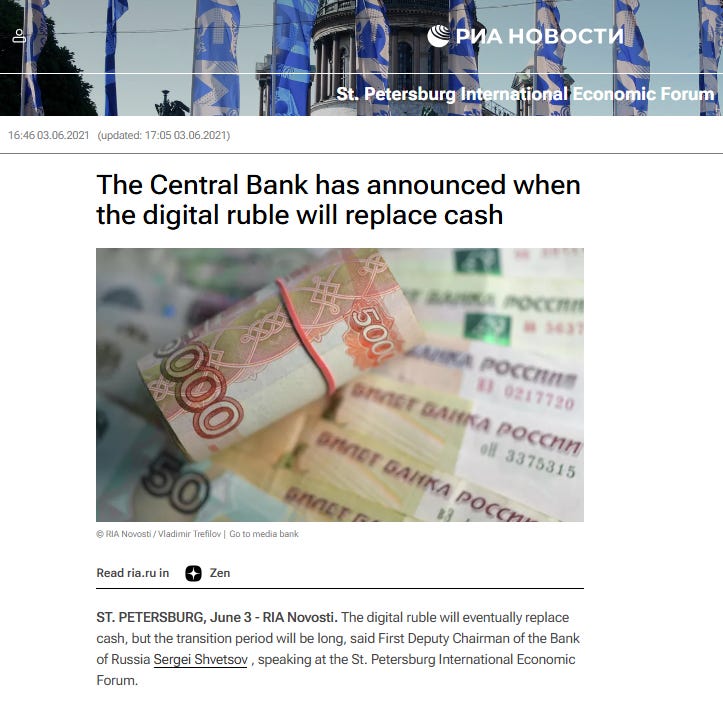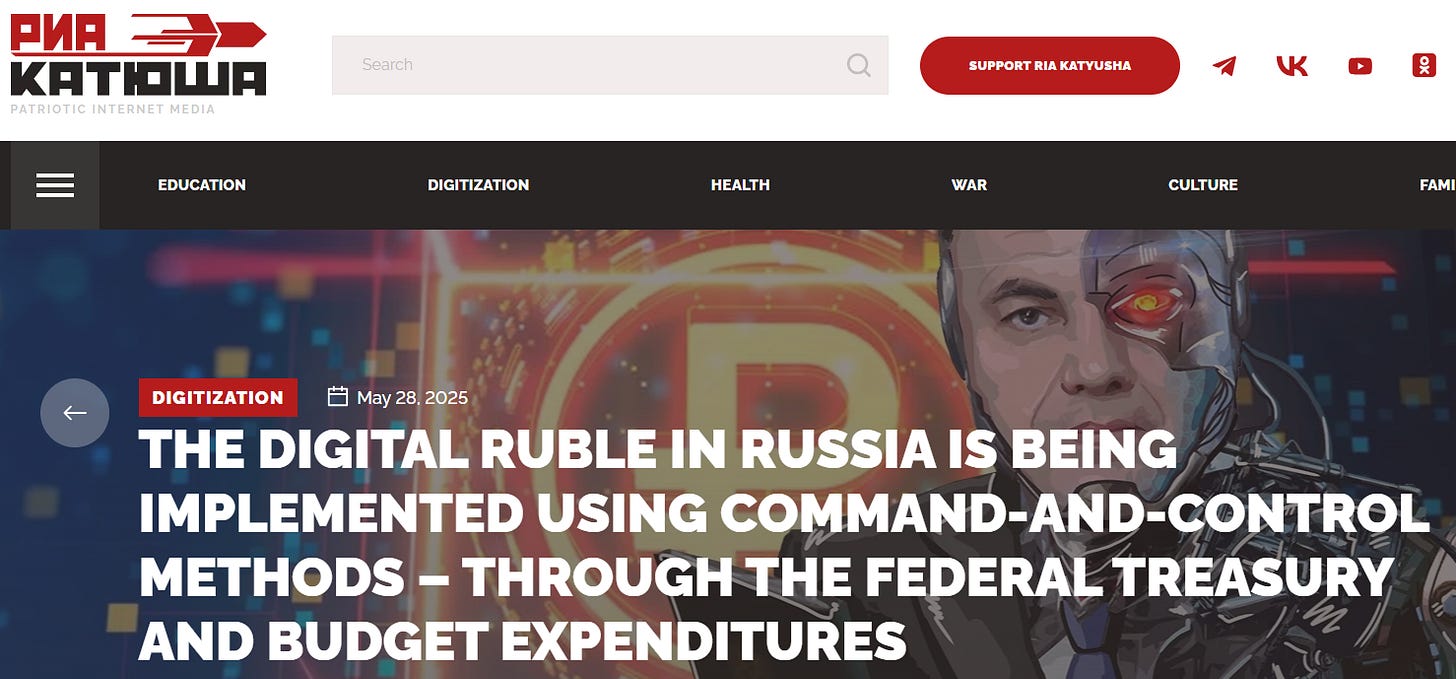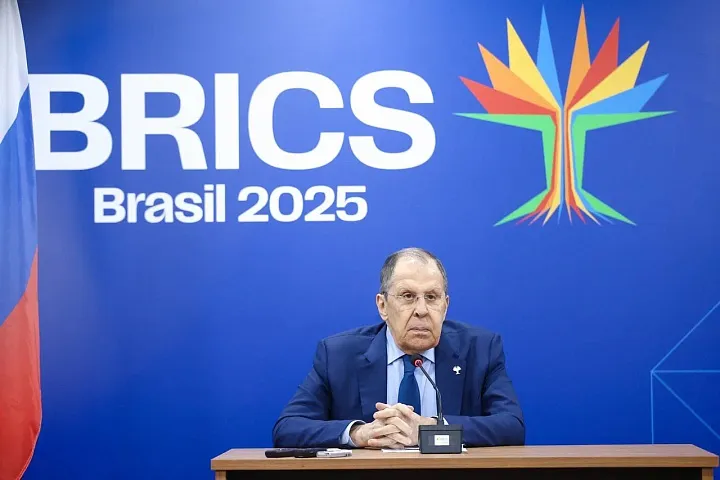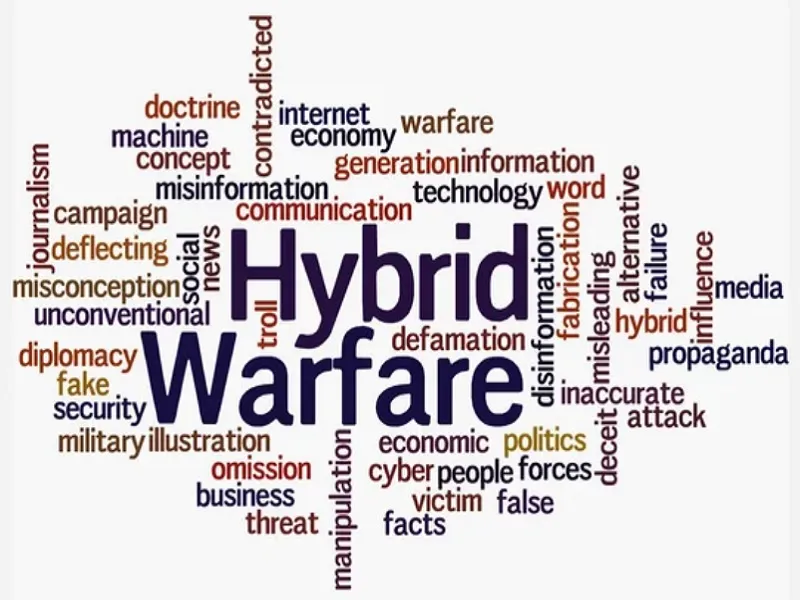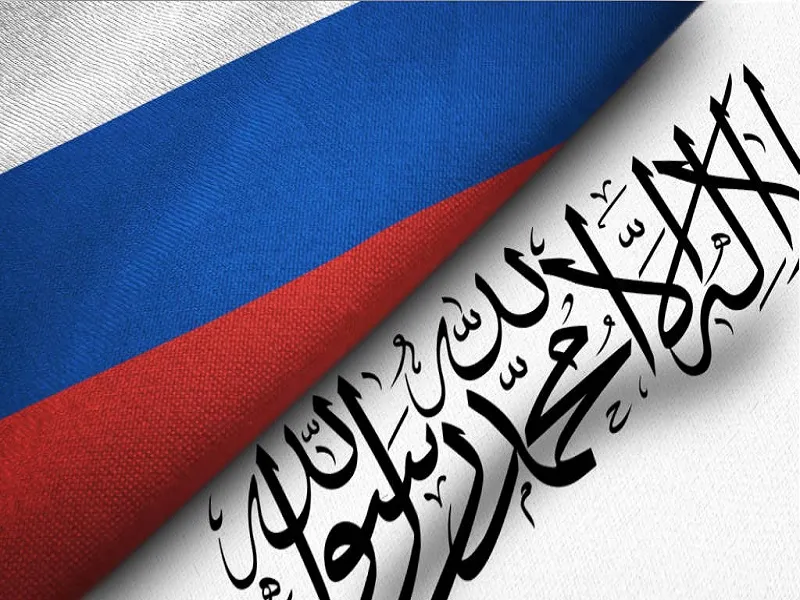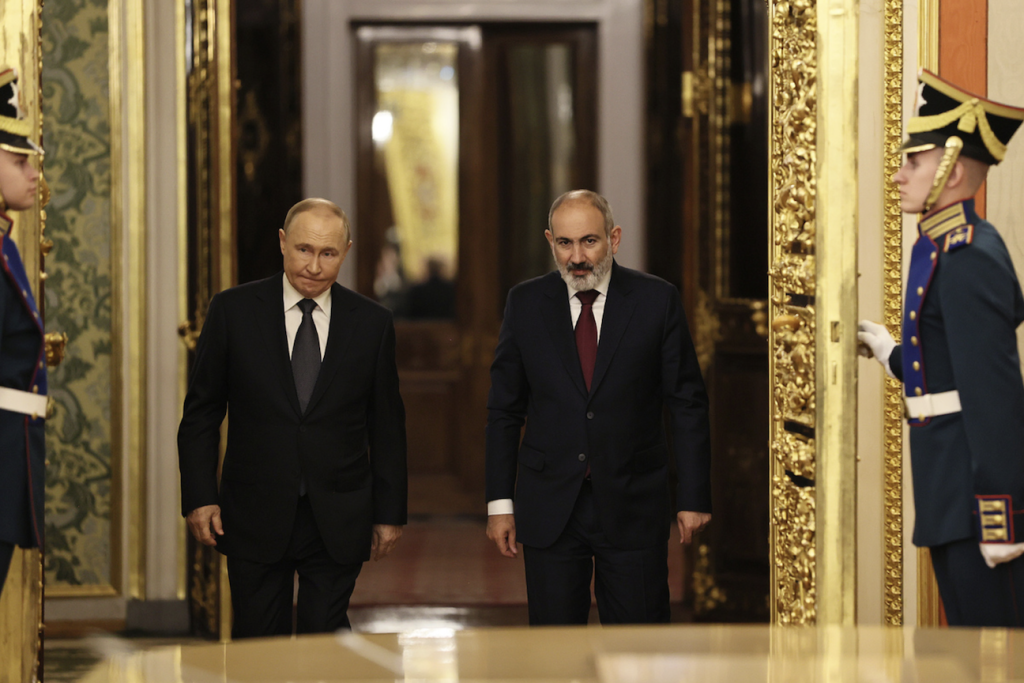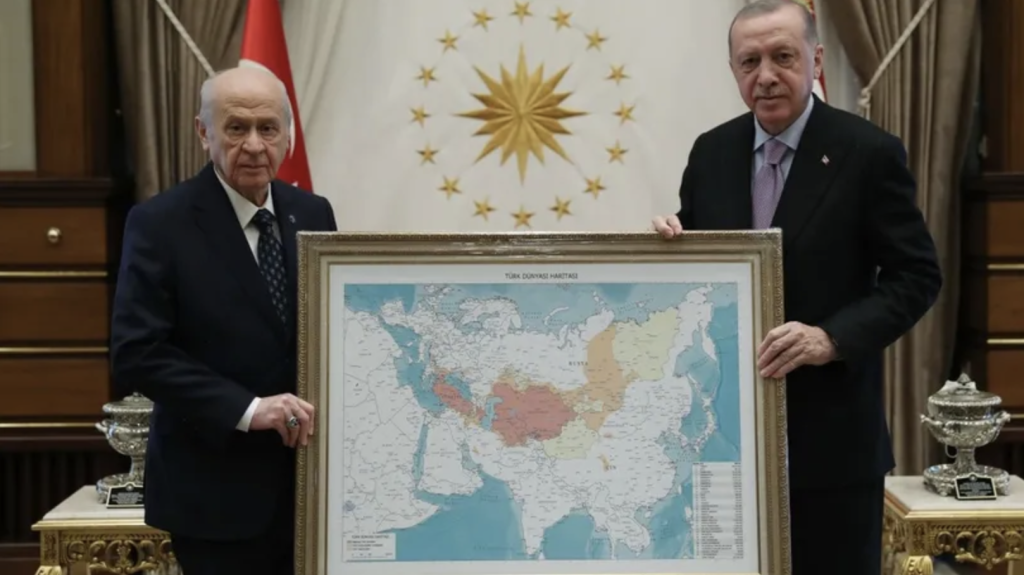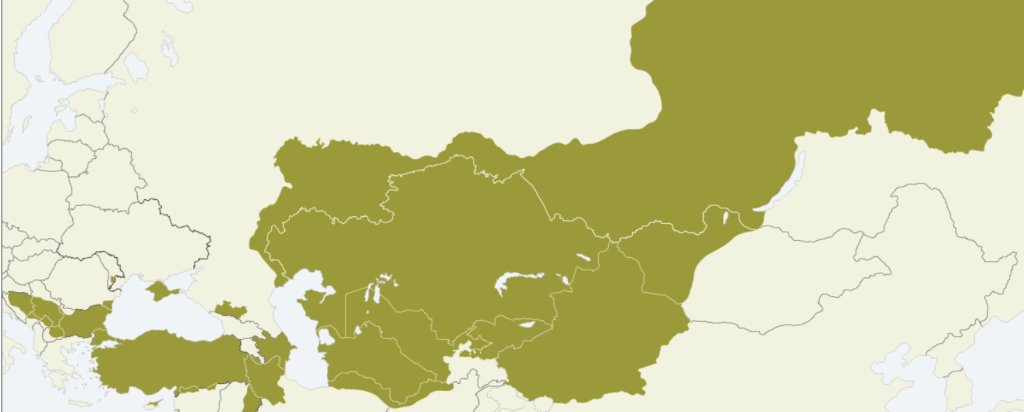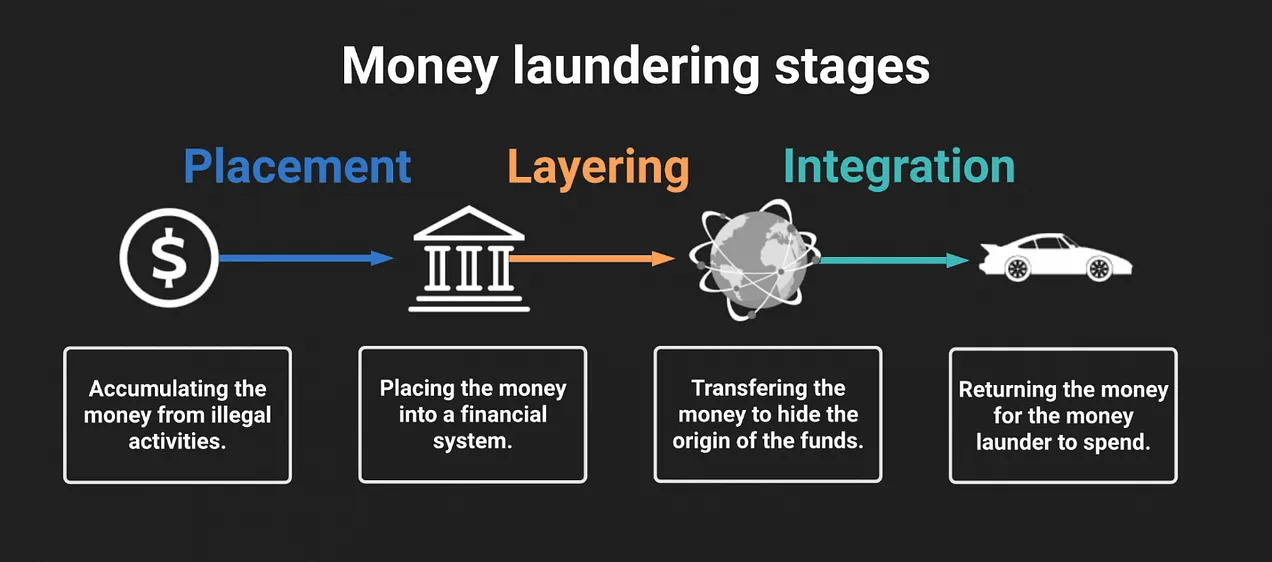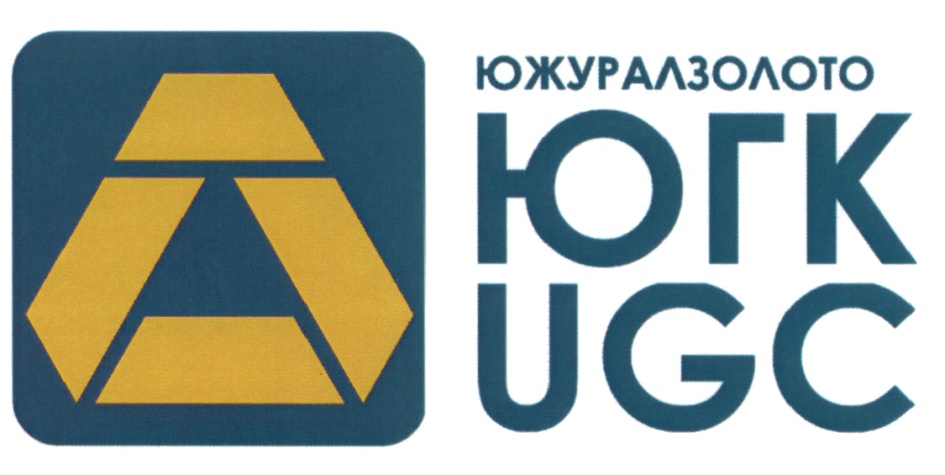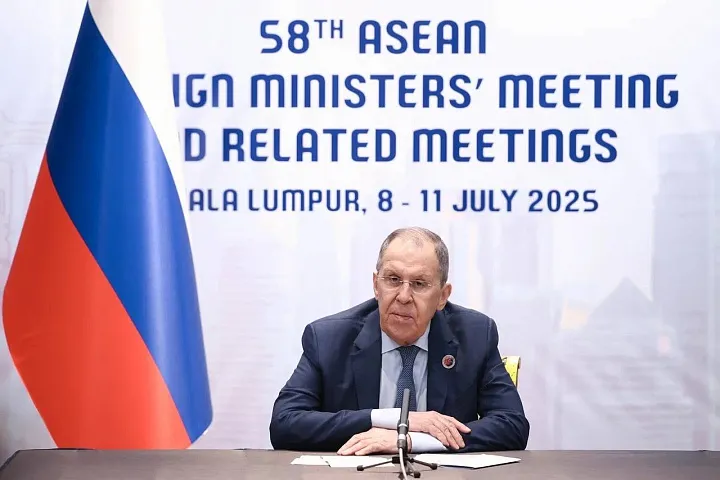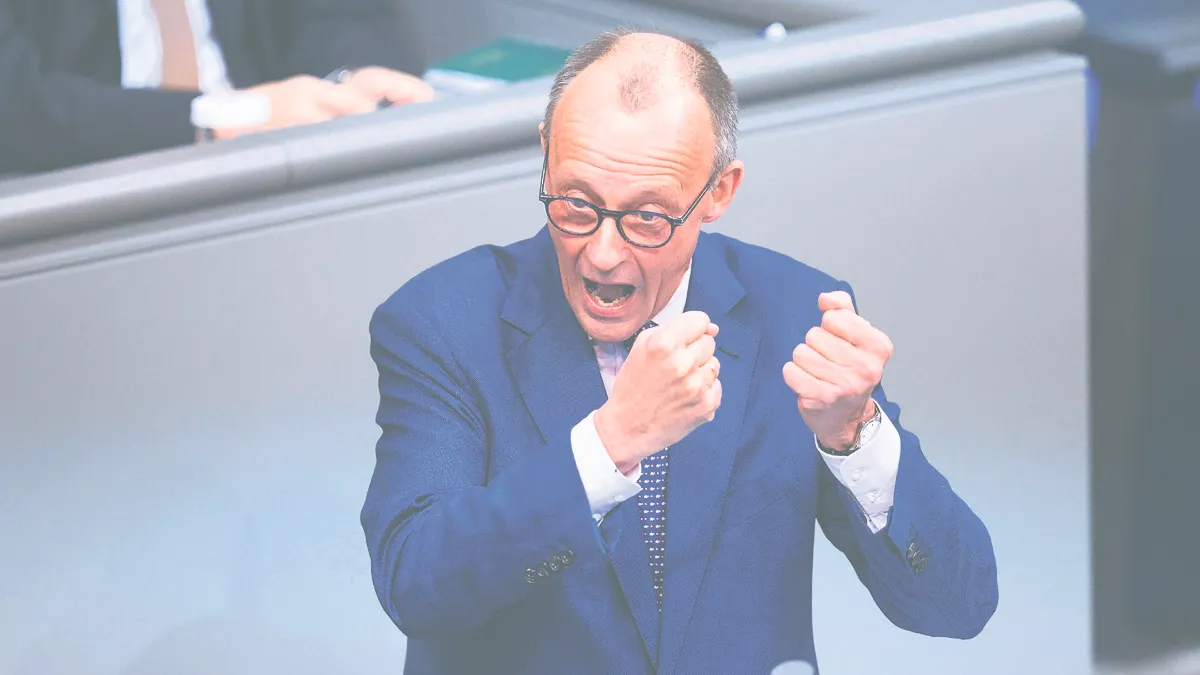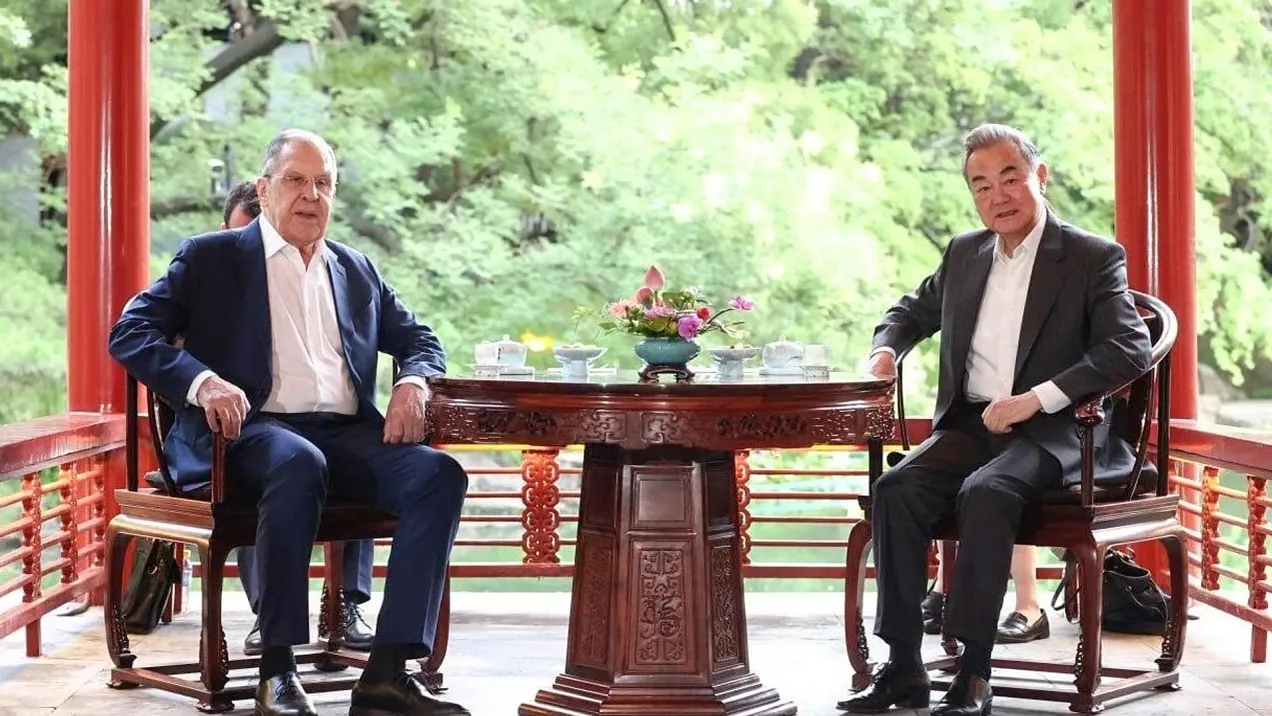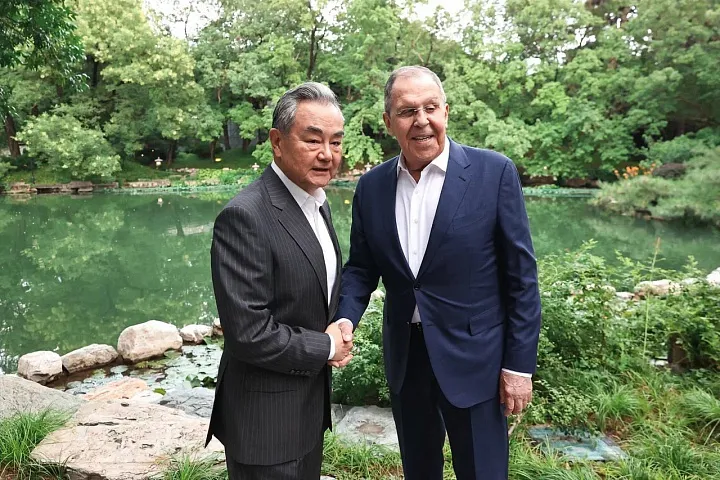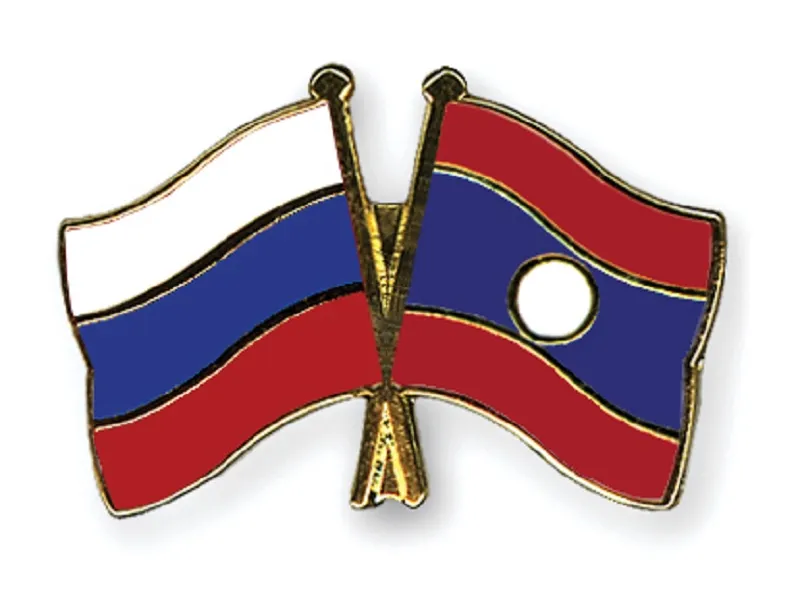
By John Helmer, Moscow @bears_with
In the hour-long telephone call on Thursday (July 3) between the presidents of Russia and the United States, something President Vladimir Putin said, and also didn’t say, got up President Donald Trump’s nose.
Trump was so confident he could persuade Putin to agree to access to the Russian market for Trump’s perfumes for men and women – Fight Fight Fight cologne and Victory 45-47 – that he announced their telephone call 21 minutes before it started:
Putin was more reticent. “The Kremlin will not be announcing to media in advance a possible date and time of a telephone call between Russian President Vladimir Putin and his US counterpart Donald Trump and will provide information only if such a conversation takes place, Russian Presidential Spokesman Dmitry Peskov said on Thursday. ‘We are never announcing such telephone calls in advance and we will inform you following the fact when and if this happens,’ Peskov said at a news briefing.” It was two in the Moscow afternoon – three hours before the call began.
Putin then left a public appearance to prepare. “No good to keep him waiting – he may be offended,” Putin told Tass. The state news agency does not translate irony from Russian to English
After the call had concluded at 11 am Washington time, 6 pm Moscow time, Trump said nothing. He tweeted instead that “we brought the price of Eggs back to what they were supposed to be.” At the end of Trump’s day, six hours later, he was celebrating a flyover he has arranged for Friday of B-2s and F-35s over the White House. But there was a word about the Putin call in a brief airfield Q&A although it has been omitted from the excerpt on Trump’s tweet log.
In fact, according to the longer Fox News video record, Trump told reporters that his expectations had been dashed. “We had a call. It was pretty long call. We talked about a lotta things, including Iran. And we also talked about the, as you know, the war, Ukraine. And I, uh, I’m not happy about that. No, I didn’t make any progress with him today at all.” — Min 1:57-2:03.

Source: https://www.foxnews.com/video/6375225337112
Trump also denied he had stopped the flow of US weapons to Ukraine. “Why did you pause?” Trump was asked. “We haven’t. We are giving weapons… we are trying to help them, but Biden, you know, emptied out our whole country giving them weapons. And we have to make sure we have enough for ourselves.” Min 5:29.
In short, Trump has rejected every one of the terms for an end-of-war settlement in the Ukraine which Putin has tabled.
Putin’s foreign affairs assistant and spokesman, Yury Ushakov, does not want to leave a bad smell. In his read-out of the presidents’ conversation, posted by the Kremlin thirty minutes after it had ended – five hours before Trump made his comments – Ushakov acknowledged that in the opening small talk Putin had “wished Donald Trump success in implementing the [tax law and budget] changes he envisioned and, naturally, offered greetings for Independence Day, the national day of the United States, which will be celebrated tomorrow. At the same time, it was noted by our side that Russia had played a significant part in the establishment of the United States as a nation, including during the War of Independence, fought 250 years ago, and later during the Civil War, which ended 160 years ago. It was stated that our countries are bound not only by their alliance during World Wars One and Two, but also by deeper historical ties.”
About Trump’s Fight Fight Fight, the USAF bombing raid on Iran on June 22, Ushakov says Putin “emphasised it was crucial to settle any and all contentious issues, differences, and conflicts exclusively via political and diplomatic means. The two leaders agreed to maintain contact on the issue between the respective foreign services, defence ministries, and presidential aides.” Ushakov’s references to “political and diplomatic means” and to “contact…between the…defence ministries” was Putin’s hint that if Trump is thinking of another US Air Force attack on Iran, Russian-supplied air defence systems may be activated and fired.

Source: http://en.kremlin.ru/events/president/news/77354
On the war in the Ukraine, “naturally the issues surrounding Ukraine were also discussed,” Ushakov has recorded. “Donald Trump has once again raised the issue of ending the hostilities as soon as possible. In turn, Vladimir Putin noted that we still continued the search for a political, negotiated solution to the conflict. He informed his counterpart on the progress in implementing the humanitarian agreements reached during the second round of direct Russian-Ukrainian talks held in Istanbul. He also noted Russia was willing to pursue negotiations. Additionally, the President of Russia said that Russia would strive to achieve its goals, namely the elimination of the well-known root causes that led to the current state of affairs, the bitter confrontation that we are seeing now. Russia will not back down from these goals.”
Putin’s emphasis to Trump in the connection he made between the phrases “root causes” and “not back down” upset the US president. He was still smarting five hours later when he said: “I’m not happy about that. No, I didn’t make any progress with him today at all.”
So upset was Trump that he failed to register Putin’s offer to give Trump’s business constituents money. According to Ushakov, Putin’s deals included “an exchange of motion pictures promoting traditional values, which both we and the Trump administration hold dear” and “a number of promising projects in economy, notably the energy sector and space exploration.”
Earlier in the week, anticipating the Putin-Trump call, a Moscow source in a position to know said: “Trump is avoiding talking details. He is not getting any concessions. He asked for unconditional ceasefire and did not get it. He is not ready to completely abandon Ukraine.”
Ushakov has attempted to paper over the widening differences with Putin which Trump is now acknowledging. “I would like to point out that the conversation between the two presidents has, as always, shown that they are on the same page. It was candid, business-minded, and concrete.”
As for concrete business with Trump’s line of cologne and perfume, no Moscow source in a position to know claims to know. At the last report of Putin’s taste in perfume, a Russian perfumer said she had created “for Putin, a chord of metallic freshness, tart and dynamic, with the warm breathing of sandal and cedar, the smoke of the vetiver and expensive leather. …The president’s perfume was placed in a box in the form of an ancient chest, and a bottle was placed in the form of an old flask with a spray gun… I [Zhanna Gladkova] hear from rumours that Putin enjoyed my fragrance before meeting with the heads of state…mixing grapefruit with bergamot.”

Left: https://www.rbth.com/lifestyle/331719-t ... m-of-putin (February 2020); right, https://ria.ru/20190105/1549059349.html (January 5, 2019).
In January 2019 it was reported that a Moscow perfumer was selling male and female perfumes with Putin’s image on the bottle, box, and advertising. “Male and female fragrances, inspired by Russian President Vladimir Putin, appeared on sale in Moscow. At the same time, the Kremlin reported that it did not consent to the use of the name of Vladimir Putin for commercial purposes. ‘No, no one was approved,’ presidential spokesman Dmitry Peskov told RIA Novosti.”

“My new Trump fragrances are here…They represent winning. We all want to be winning,” Trump says in a sales promotion on the website https://gettrumpfragrances.com/
https://johnhelmer.net/president-vladim ... more-92011
******
Mark Episkopos: Despite war, Moscow is booming
July 3, 2025
By Mark Episkopos, Responsible Statecraft, 6/10/25
Russia is no stranger to costly, grinding wars. Soviet authorities made a point of allowing the performing arts to continue during the 872-day battle for Leningrad during World War II, widely considered the bloodiest siege in history.
Thousands of displaced and starving locals flocked to the Mariinsky, Komissarzhevskaya, and other theaters to the unrelenting hum of shelling and air raid sirens. The 1942 Leningrad premiere of Shostakovich’s Seventh Symphony stands as both a singular cultural achievement and a grim reminder of Russian tenacity in the face of unspeakable hardship.
The situation today is very far removed from the horrors of the Eastern Front. I found nary a hint after spending over a week in Moscow that I am in a country prosecuting the largest and most destructive war in Europe since 1945. Business is booming. Previously vacant storefronts in Moscow’s luxury GUM department store and the city’s many other shopping malls are, for the most part, reoccupied by Chinese companies and multibrand stores selling the same Western high-end products that continue to flood into Moscow through countless parallel import schemes that have proven highly lucrative for Russia’s neighbors.
It was striking how convincingly Chinese car manufacturers have tightened their grip over the Russian market. “What, did you expect us to walk?” one of my interlocutors said, perhaps sensing my incredulity. “We have to drive something.” Yet German cars remain a clear status symbol for well-off Russians — one can find far more Mercedes and Maybach makes on the streets of Moscow than in Washington, D.C.
It is true the city is peppered with military recruitment posters, but this, too, is a remarkable testament to the normalcy the Kremlin has been able to maintain over three years into this war. Russian President Vladimir Putin resisted calls from Moscow’s hardliners — more on them shortly — to pursue full-scale wartime mobilization, instead creating a soft semi-mobilization model that draws large numbers of contract soldiers with generous compensation and benefits packages.
The government enjoys popular confidence, stemming in no small part from its effective handling of the economy. It is shocking to the Western imagination that, even amidst this war and the many personal tragedies that come with it, there is a sense among the people I spoke to that the post-1999 Russian Federation is the most stable, comfortable iteration of Russia in recent and even distant memory.
The rhythm of Moscow life is dictated by an insatiable hunger for upward mobility and ever-greater consumption — there is a brazenly capitalistic quality to it all that would take many Americans, let alone our more staid Western European friends, by surprise. Russians generally still do see themselves as Europeans and as part of a broader Western civilizational inheritance, but there is a realization that must have crept in somewhere between 20,000 sanctions imposed since 2014 that life will go on with this conflict in the background and without the West, even if the vast majority of Russians strongly prefer to be part of a common Western commercial and cultural space.
I came away from my contacts with the Moscow elite, including officials, with the conclusion that there are two broad camps in Russia. Most elites are what I would describe as situational pragmatists. These aren’t people who would give away the farm for a peace deal, but they are well aware of the long-term costs of prosecuting this war — including a deepening dependence on China that far from everyone in Moscow is comfortable with.
They are also cautiously interested in working with the Trump administration on a settlement that doesn’t just end the war but potentially addresses a broader constellation of issues in the ongoing confrontation between Russia and the West.
Then there is a smaller faction of hardliners who treat this war not as an arena for resolving larger strategic issues between Russia and the West but as a bilateral conflict wherein Moscow’s goal is simply to crush Ukraine and secure its unconditional capitulation. Though the political balance of power decidedly tilts toward the moderates, especially with the advent earlier this year of a U.S. administration that supports a negotiated settlement, the hardliners’ influence wanes and waxes proportionally with the belief that the U.S. is unable or unwilling to facilitate a settlement that satisfies Russia’s core demands.
What exactly these demands are, and whether Russia is willing to compromise on them, is a complex issue that hinges on all the potential linkages involved. To what extent would Russia, for example, be willing to scale back its territorial claims in exchange for a reopening of Nord Stream 2, reintegration into the SWIFT financial messaging system and other financial institutions, or an agreement foreclosing NATO’s eastward enlargement?
Still, nearly everyone I spoke to identified a baseline set of conditions for any peace deal. These include Ukrainian neutrality and non-bloc status, limits on Ukraine’s postwar military, guarantees against the deployment of any Western troops on Ukrainian territory, and at least de facto international recognition of territories controlled by Russia. My interlocutors argued that an unconditional ceasefire without a roadmap for addressing these issues is a recipe for freezing the conflict in Ukraine’s favor, something they say the Kremlin will never agree to.
These points are of course subject to numerous caveats and provisos. For one, Russia’s insistence on non-bloc status never extended to Ukraine’s ability to seek EU membership, something Kyiv can hold up as a victory in a settlement. There is also an implicit recognition that Moscow can’t prevent Ukraine from maintaining a domestic deterrent, even if subject to certain restrictions along the lines discussed during the 2022 Istanbul negotiations, against a Russian reinvasion.
I developed the impression from my meetings that Russia would demonstrate a great degree of flexibility in other areas, including rights of Russian speakers in Ukraine and the status of around $300 billion in Russian assets frozen in the West, if the strategic issues rehearsed above are resolved to Moscow’s satisfaction.
No one in Moscow who favors a settlement, which is almost everyone I spoke to, wants America to “walk away” from this war in the way that U.S. officials have previously suggested.
There is a widespread recognition that, if the White House permanently extricates itself from the conflict, Moscow would be left with European and Ukrainian leaders who will reject anything that can be remotely perceived as a concession. In that case, the Kremlin will undoubtedly decide that it has little choice but to take this war to its ugly conclusion.
I return from Russia with the conviction that such an outcome is neither inevitable nor desirable from Moscow’s perspective. A deal is possible, which is not to say that it can be achieved in short order or that Russia won’t drive a hard bargain. But for all of the destruction and tragedy visited by this war, it is not, mercifully for all involved, Leningrad in 1942.
https://natyliesbaldwin.com/2025/07/mar ... s-booming/
******
Permitted terrorist organization
July 4, 11:00

Russia has officially recognized the Islamic Emirate of Afghanistan. Earlier, the Taliban was removed from the list of terrorist organizations.
The Taliban have fulfilled most of Russia's wishes since 2021 ("they are cutting down the blacks", reducing poppy crops, and not interfering with Central Asia. Yes, women are still oppressed and their government is far from inclusive, but overall, they demonstrate adequacy and constructiveness. The Taliban committed their last terrorist attacks back in 2021 against the occupation forces and the puppet regime of Ashraf Ghani. Unofficially, the Russian Federation has long recognized the Taliban and actively maintained contacts with them since 2021-2022, despite the fact that the Taliban were considered terrorists by us for several years after their victory. For several years now, Afghanistan has been receiving fuel and grain from Russia. It is expected that Russia's trade turnover with Afghanistan will expand.
The Taliban can be wished that they have more adequate factions at the helm and that they do not allow a new civil war in Afghanistan. And they continued to sell drugs pinch.
https://colonelcassad.livejournal.com/9936212.html
Project of an artificial island in Sevastopol
July 4, 16:48

A project for an artificial island at the entrance to Sevastopol Bay. So far, it has only been submitted to a competition.
Something in the style of the Arab artificial islands. If it ever gets to implementation, it will clearly not be cheap.
As for me, it would be good to first build a tunnel/bridge across the bay, and then think about artificial islands.


There won't be any mega-projects in Sevastopol before the end of the war anyway.
https://colonelcassad.livejournal.com/9936967.html
In the footsteps of the Kuril landing
July 3, 19:08
In the footsteps of the Kuril landing
The search expedition "In the Footsteps of the Kuril Landing" has started in the Sakhalin Region.
On July 1, 2025, a unique search expedition "In the Footsteps of the Kuril Landing" began on Shumshu Island. About a hundred volunteers from various regions of Russia are participating in it. The goal of the expedition is to find the bodies of the fallen heroes and bury them with military honors. Such large-scale work has never been carried out here before.
The assault on Shumshu Island in August 1945 was the last major operation of the Red Army during World War II. Soviet paratroopers attacked the prepared positions of the enemy, who had a tenfold numerical superiority, and won. The Japanese tried to throw the landing force into the sea with the help of tanks, but were unsuccessful. The destroyed vehicles remained on the battlefield. Today they are part of the exposition of the memorial complex. During the plenary session of the Eastern Economic Forum in the fall of 2024, Russian President Vladimir Putin instructed to perpetuate the memory of the Kuril landing operation. Work in this area is under the control of Deputy Prime Minister of the Russian Federation - Presidential Plenipotentiary Envoy to the Far Eastern Federal District Yuri Trutnev.
The first group of expedition participants, consisting of 30 people, has already arrived in Shumsha on two helicopters. On the first day of work, the team focused on setting up the camp, which is equipped with everything necessary for comfortable living.
- The guys have just arrived, today they will have an introductory day. We will help them settle in our tent camp, tell them how things are with life support, food, what the daily routine is, and conduct a sightseeing tour for them. After that, we will get together with the squad leaders, set out a route for each, and tomorrow the participants will go out into the fields, - shared Artem Bandura, head of the Sakhalin regional branch of the Search Movement of Russia.
The expedition will work in the northern part of the island, including the area of Mount Severnaya. This is where the most fierce battles took place. The exact number of fallen Soviet soldiers is still unknown.
- Of course, we really wanted to get here. The road we traveled was worth it. This is a significant place in the history of our country. Shumshu reminds us of the price of Victory over militarist Japan. Everyone is charged with work, everyone has experience in various expeditions, including in the battlefields of the Far Eastern Front. Therefore, we are not afraid of the conditions in which we will have to be, - shared Margarita Morozova, a participant in the expedition from Moscow.
Sakhalin searchers began reconnaissance work before the start of the expedition. Personal belongings of servicemen and elements of uniform have already been found. They can help in establishing the identity of the fallen. In addition, samples of weapons have been found. In particular, the remains of a Japanese 320 mm mortar.
The grand opening of the memorial complex on Shumshu Island will take place in August. The plans include a large-scale reconstruction of the battle, as well as the triathlon "Height 171".





Good luck to the searchers in their important work.
This year we must worthily celebrate the 80th anniversary of the Victory over imperialist Japan. Japanese complaints and whining about this matter - absolutely do not care.
https://colonelcassad.livejournal.com/9935286.html
Google Translator
******
Aliyev Expects To Rise To Global Stardom By Stirring Up Highly Publicized Trouble With Russia
Andrew Korybko
Jul 03, 2025
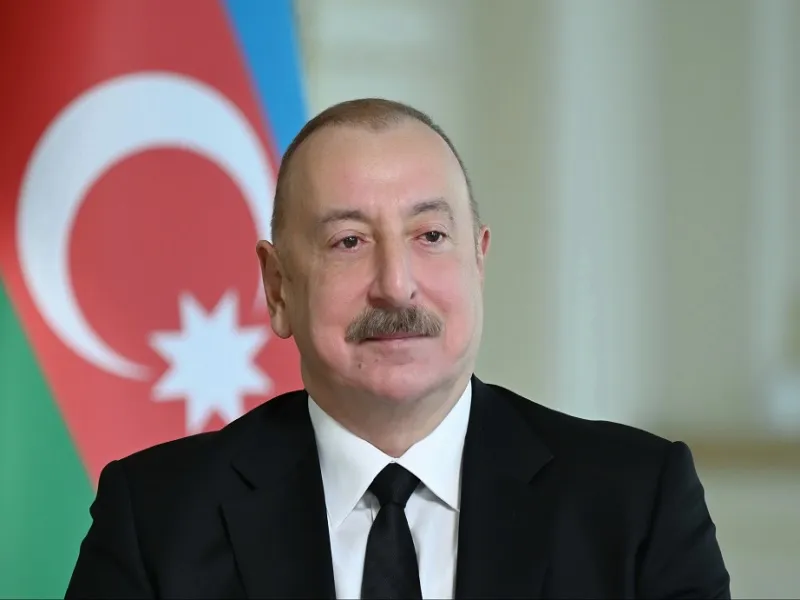
This might backfire if the Global South perceives him to be a Western proxy and Russia intensifies its asymmetrical responses, however, so it’s best for him to relent before it’s too late.
Azerbaijani President Ilham Aliyev was hitherto known as a pragmatic leader who was actively multi-aligning between competing power centers. As part of that policy, Azerbaijan and Russia became strategic allies, yet he suddenly jeopardized their mutually beneficial relations by stirring up highly publicized trouble with Russia over the past week, which readers can learn more about here and here. It was completely out of character for him to do this, thus raising questions about his motives.
In short, Azerbaijan appears to be taking advantage of reports that Armenia might open the “Zangezur Corridor” but without allowing it to come under Russian control like agreed. That would streamline Turkiye’s military logistics to Central Asia and thus turbocharge its rise as a Eurasian Great Power at the expense of Russian influence there. Even if that unfolds, Aliyev could still maintain his country’s strategic ties with Russia, so he might arguably have image-related motives for unexpectedly jeopardizing them.
To explain, his decision to stir up trouble with Russia might be partially meant to cement his standing among the Central Asian members of the Turkic bloc that Ankara seeks to assemble on the basis of the “Organization of Turkic States” (OTS). By spinning his moves as “standing up to Russia”, he could be trying to inspire them to follow his lead in future disputes with it. If successful, then the influence that he obtains over them could help prevent Azerbaijan from becoming Turkiye’s junior partner in the OTS.
Aliyev is also already popular with the broader Muslim World (“Ummah”) beyond Central Asia after expelling Armenia’s occupying forces from his country. Azerbaijan’s example of “standing up to Russia” could thus inspire other medium and lesser Muslim powers to do the same vis-à-vis other Great Powers. Through these means, his personal influence and Azerbaijan’s national influence could spread further across the Eastern Hemisphere, which he might expect to bring him and his country more benefits.
Another image-related motive might be connected with the rest of the Global South’s perception of Azerbaijan. His country chaired the Non-Aligned Movement from 2019-2023, which catapulted its influence among this diverse community of countries. He might therefore have also intended to have Azerbaijan serve as an example for all of them too by spinning his latest moves as embodying the principles that they all adhere to in order to maximally expand Azerbaijan’s influence and his own.
The irreplaceable role that Azerbaijan plays for turbocharging Turkiye’s rise as a Eurasian Great Power at the expense of Russian influence in Central Asia could pair with the influence that he wants to obtain across the entire non-West to facilitate a rapprochement with the US and the EU. They exploited the Second Karabakh War to accuse him of “ethnic cleansing” as part of a ploy to turn Armenia into their bastion of regional influence but might soon embrace him now that he’s “standing up to Russia”.
These motives suggest that Aliyev expects to rise to global stardom by stirring up highly publicized trouble with Russia. Apart from this ambition, he might have also been misled by Erdogan into believing that Azerbaijan will benefit from opening the West’s “second front” against Russia, albeit only a political one (for now at least). This might backfire if the Global South perceives him to be a Western proxy and Russia intensifies its asymmetrical responses, however, so it’s best for him to relent before it’s too late.
https://korybko.substack.com/p/aliyev-e ... -to-global
*****
The parliamentary seat has been shaken
July 3, 2025
The parliamentary seat has been shaken
" On the fate of the defender of Uzbeks from the Khanty-Mansiysk Autonomous Okrug Duma "
A month has passed since the Khanty-Mansiysk Autonomous Okrug Duma deputy Khalid Taghi-Zade assured the public of the original Uzbek affiliation of Yugra and praised Khan Kuchum, who fought against Russian troops in the 16th century. How does the situation look now?
Today, a regional parliament session was held to discuss the issue of the deputy's performance. As it turned out, during the last session of the Duma, he actually boycotted his duties and was busy with other things .
The parliamentarians almost unanimously decided to deprive Taghi-Zade of his salary, while leaving him with a parliamentary mandate. The deputy was offered to work for the benefit of the residents for free, which he called illegal, citing the absence of a decision on this from one of the committees and the presence of a family.
The subject of discussion was also his May statements, which actually fall under the criminal code. Some deputies demanded that he be completely stripped of his powers, but they still have not come to a decision on conducting an expert examination of his words.
The irony of the situation is that the region itself has been actively fighting illegals and violations of the migration regime for the past year. In this context, maintaining the deputy's powers looks, hmm, extremely contradictory.
And how such a step of half a bump looks in the media against the backdrop of the events surrounding the arrest of an Azerbaijani ethnic organized crime group in Yekaterinburg is a completely rhetorical question.
https://rybar.ru/deputatskoe-kreslo-poshatnulos/
Google Translator
















